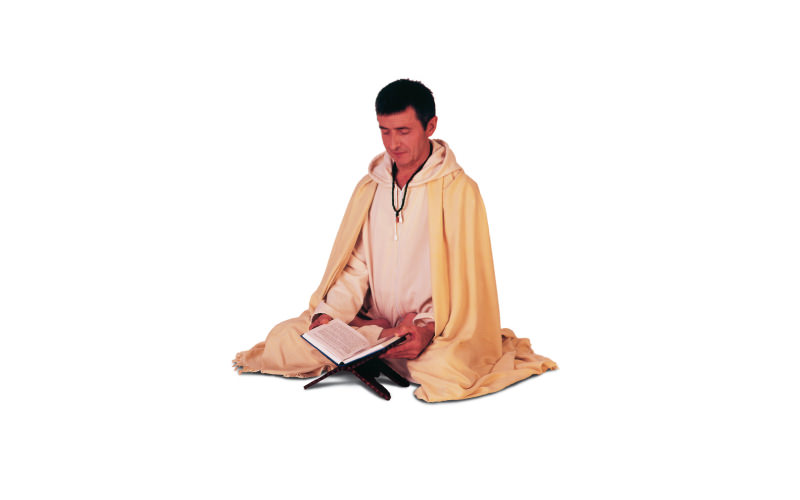
Gyana means knowledge. Gyana Yoga is the path where reality is discovered through insight, practice and knowledge. Gyana Yoga has four principles:
Viveka - Discrimination
Viveka is the purest form of knowledge. It can also be described as the supreme authority of our conscience. Our conscience tells us what is right and what is wrong. Mostly we know very well what we should do, however, our egoistic desires generally show themselves as stronger and drown the voice of conscience within us.
Vairagya - Renunciation
Vairagya means to liberate oneself inwardly from any desire for earthly pleasure or possessions. A Gyana Yogi has realised that all worldly pleasures are unreal and are therefore without lasting value. A Gyana Yogi seeks the unchanging, the eternal Supreme - God. All things of this earthly realm are transitory and therefore a form of unreality. Reality is the Atma, the Divine Self, which is indestructible, eternal and unchanging. The Atma is comparable to space. Space is always space - one cannot burn it or cut it. If we put up walls we create single “individual” compartments. How-ever, space does not change itself because of this, and one day when the walls are removed, there only remains undivided, endless space.
Shatsampatti - The Six Treasures
This principle of Gyana Yoga comprises six principles:
-
Shama - withdrawal of the senses and the mind.
-
Dama - control of the senses and the mind. To restrain oneself from negative actions, such as stealing, lying and negative thoughts.
-
Uparati - to stand above things.
-
Titiksha - to be steadfast, disciplined. To endure through and overcome all difficulties.
-
Shraddha - faith and trust in the Holy Scriptures and the words of the Master.
-
Samadhana - to have determination and purpose. Whatever may come, our aspirations should always be directed solely towards our goal. Nothing should ever be able to dissuade us from this.
Mumukshtva - Constant Striving for God
Mumukshtva is the burning desire in the heart to realise God and unite with God. The Supreme and Eternal Knowledge is Atma Gyana, the Realisation of our true Self. Self-Realisation is the experience that we are not separate from God, but are one with God and all of life. When this Realisation dawns, the boundaries of the intellect are opened and absolute. All encompassing love fills our heart. It also becomes clear that whatever harms others, ultimately harms us. So finally we understand and obey the Universal precept of Ahimsa, non-violence. In this way the path of Gyana Yoga unites with the principles of Bhakti Yoga, Karma Yoga and Raja Yoga.